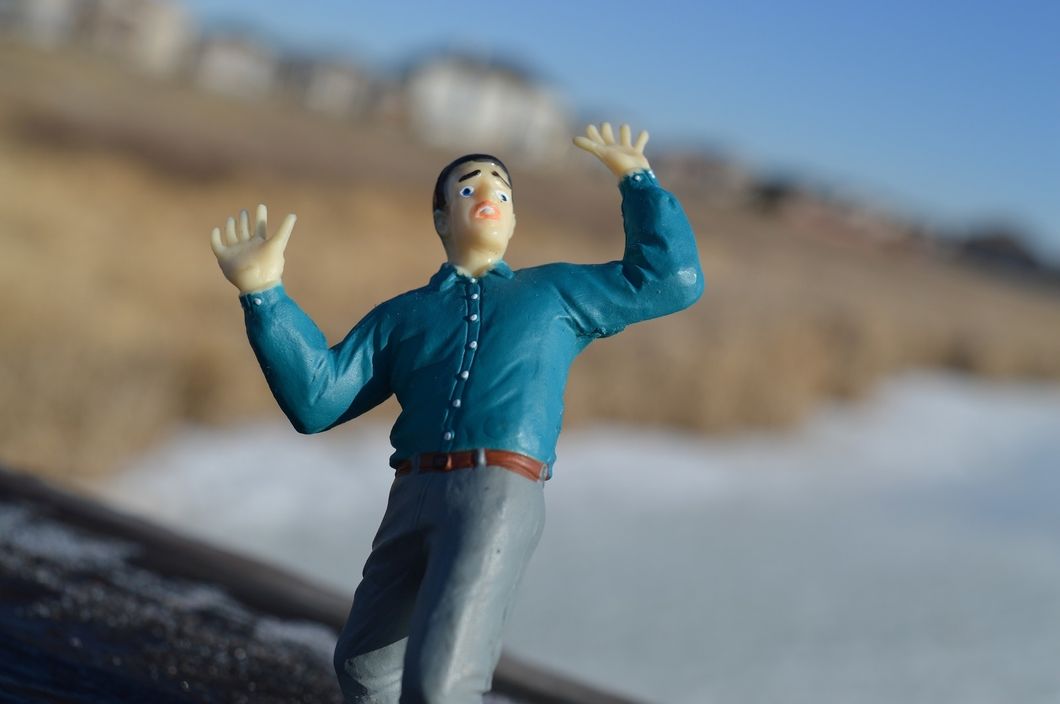The fear of missing out, more commonly known as FOMO, is something that plagued my heart and mind constantly when I was in high school. When you're in a small pond and know what every person in a ten mile radius of you is doing at all times, it's hard not to let those feelings creep up on you every now and then. And don't even get me started on social media, because we all know how Instagram makes those feelings a million times worse.
Luckily, those feelings started to fade in college. Maybe it comes with age, or maybe it comes with being in a larger pond with endless opportunities of things to do and people to meet. So, a semester into college, my self diagnosis as a FOMO fanatic was completely cured.
Or so I thought.
Until rush season rolled around.
There wasn't a single fiber of my being that wanted to be in a fraternity. I know who I am, and my self-image definitely does not align with the frat boy stereotype. I much prefer the company of a few of my closest male and female friends than the brotherhood of a bunch of guys I can't relate to.
But a few of my friends signed up for rush.
And a few more.
And then as the time finally came to begin rush, it seemed like I was the only one who wasn't participating. And that is when it happened—the FOMO.
Every crazy night out for my friends was just another night in for me, and I didn't like the way it made me feel. I felt lonely. Jealous. Crazy, bad crazy. Not the kind of good crazy my future frat bros were experiencing. I immediately recognized the reemergence of my old tendencies, and I hated myself for them. What did that do? It just made me feel even crazier.
I wish I was writing this article to say that I've found the cure to the fear of missing out. But instead, I'm writing this to say that I don't think there is one. Maybe it'll disappear completely with age, but I don't think that will ever be the case.
We are all destined to feel left out for the rest of our lives, but it is the way in which we deal with it that defines what kind of people we are to be.
I recognized my FOMO. I understood that rushing a frat wasn't going to make me feel better. The FOMO was just something I had to embrace. I believe that it is in those moments of inadequacy and loneliness where we can rise to the occasion. We can learn things about ourselves. We can diagnose the pain and work to strive towards security. We can become the people we are meant to be without conforming to what we think society expects or what we think would fill us with the most instant gratification.
You can't discover yourself without being lost.
You can't truly appreciate the good without a little time in the dirt.
You can't flourish without a little FOMO.
















